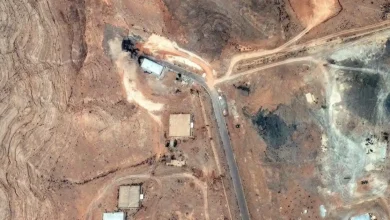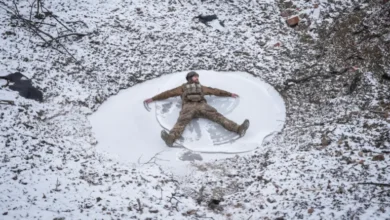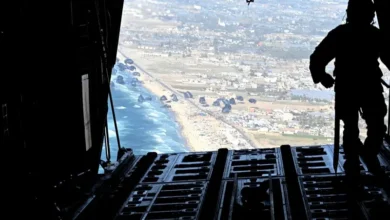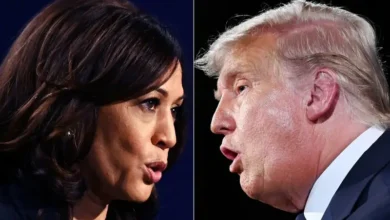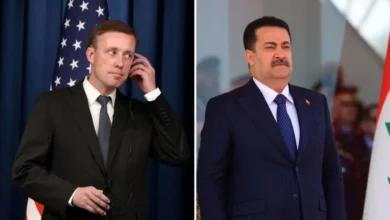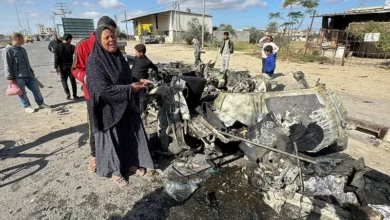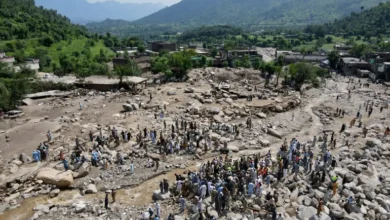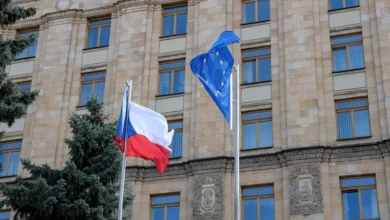Australian PM says battle ahead to win election
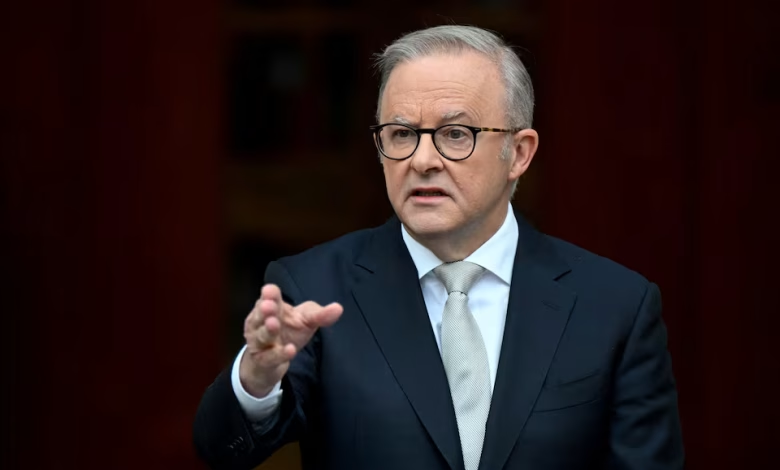
Australian Prime Minister Anthony Albanese says he has a “mountain to climb” in Saturday’s election, despite leading in opinion polls, as voters weigh rising living costs and newly announced Trump-era tariffs.
Surveys give Albanese’s center-left Labor Party a narrow lead over the conservative opposition on a two-party preferred basis. If the polls are correct, the 62-year-old prime minister could secure a majority in the 150-seat parliament.
“On polls, there’s a lot of undecided voters. We have a mountain to climb,” Albanese said Friday. “My job is to maximise Labor’s vote in the next 48 hours. That’s what I’m intending to do.”
Albanese has pledged to expand renewable energy, address a worsening housing crisis, and invest in the country’s strained healthcare system. He warned of “cuts and chaos” under a right-leaning coalition led by opposition leader Peter Dutton, 54, a former police officer who has vowed to reduce immigration, crack down on crime, and repeal Australia’s long-standing ban on nuclear power.
Dutton, leader of the Liberal Party, has predicted “a lot of surprises, seat by seat” on election night. “I haven’t met an Australian on this campaign who said that they’re better off today than they were three years ago,” he said.
A result could come as soon as Saturday night, unless the contest proves exceptionally close.
Some 18.1 million voters are enrolled, and more than a third had already cast early ballots by Friday, according to the election authority. Voting in Australia is compulsory and enforced with a fine of Aus$20 (US$13), helping turnout consistently exceed 90 percent.
A cherished election day tradition, sizzling sausages sold by local fundraisers, will once again greet voters at more than 1,000 polling sites, searchable via the website democracysausage.org.
Polls show cost-of-living pressures remain the dominant voter concern. Albanese has proposed modest tax cuts, cheaper healthcare, and new housing support for first-time buyers. Dutton, by contrast, promises to slash fuel taxes, curb gas prices, and invest in infrastructure for half a million new homes.
The six-week campaign was also jolted by international developments. Just after it began, U.S. President Donald Trump unveiled a 10 percent trade tariff on Australian imports. Some polls indicated the move damaged Dutton’s support, especially after he previously praised Trump as a “big thinker” with “gravitas” on the global stage.
As Australian sentiment toward Trump soured, both Dutton and Albanese adopted a firmer stance, vowing to defend national interests.
Nuclear reactors vs renewables
Australia, a global coal and iron ore giant, faces a stark choice between two contrasting climate agendas.
Albanese has embraced global decarbonisation efforts and warned that Australia must prepare for a future in which fossil fuel exports no longer buoy the economy.
Dutton’s marquee proposal is a US$200 billion plan to build seven large-scale nuclear reactors, aimed at reducing reliance on renewable energy expansion.
Voter disillusionment with both major parties has boosted support for independents campaigning on transparency and stronger climate action. Polls suggest that 10 or more crossbenchers could win seats, potentially holding the balance of power and raising the prospect of a rare minority government.
